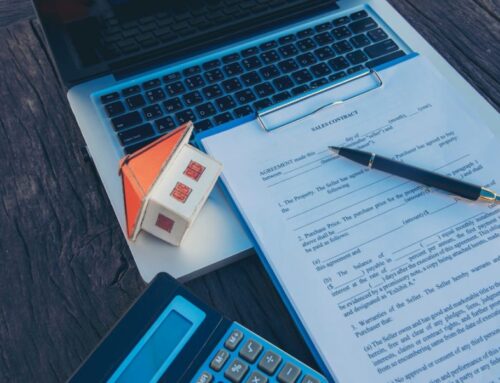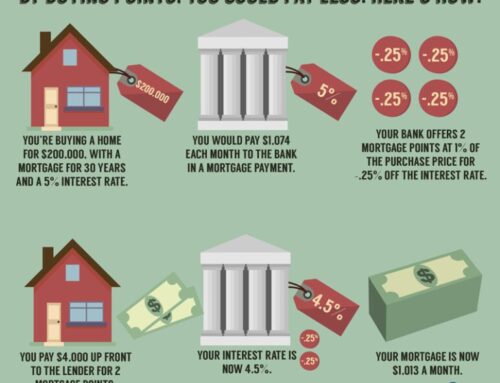Should you switch to a 15-year mortgage? If paying off your house is a priority, you’ve obviously considered it. “One of the biggest benefits of a 15-year mortgage term is the ability to quickly pay off your home loan,” said Money Crashers. “This option is perfect if you plan to stay put and don’t want to pay your mortgage for a lengthy period of time.”
But even if you’re not planning to live in your home forever, a 15-year mortgage can be a great way to go because of the money saved. And we’re not talking about pennies. We’re talking hundreds of thousands of dollars.
“The 30-year fixed mortgage is practically an American archetype, the apple pie of financial instruments. It is the path that generations of Americans have taken to first-time home ownership. According to the Mortgage Bankers Association, 86% of people applying for purchase mortgages in February 2015 opted for 30-year loans,” said Investopedia. “But many of those buyers might have been better served if they had opted instead for a 15-year fixed-rate mortgage, the 30-year’s younger, and less popular, sibling. A shorter-term loan means a higher monthly payment, which makes the 15-year mortgage seem less affordable. But, in fact, the shorter term actually makes the loan cheaper on several fronts.”
The savings is substantial:
“Imagine a $300,000 loan, available at 4% for 30 years or at 3.25% for 15 years,” they said. “The combined effect of the faster amortization and the lower interest rate means that borrowing the money for just 15 years would cost $79,441, compared to $215,609 over 30 years, or nearly two-thirds less.”

According to The Mortgage Reports, going with a 15-year mortgage translates to a reduction in “the amount of mortgage interest paid over the loan’s life by $44,000 per $100,000 borrowed as compared to a 30-year loan. For loans at the conforming loan limit of $417,000, then, a homeowner would save $183,000 by using a 15-year mortgage to finance the home instead of using a 30-year one.”
That’s a lot of money. But it’s that higher monthly payment that is often the sticking point for many borrowers. The monthly payment on a 15-year loan will cost more than one that’s double in length for obvious reasons—you’re paying off more money in less time. But the two loan terms do not offer an apples-to-apples comparison because the interest rates for 15-year mortgages tend to be lower.

“15-year-loans are less risky for banks than 30-year loans, and because the money banks use to make shorter-term loans costs them less than the money they use to make longer-term loans, consumers pay a lower interest rate on a 15-year-mortgage — anywhere from a quarter of a percent to a full percent (or point) less,” said Investopedia. “And the government-supported agencies that finance most mortgages impose additional fees, called loan level price adjustments, which make 30-year mortgages more expensive.”
The monthly payment on the 30-yer mortgage referenced above is $1,432. On the 15-year loan, it comes out to $2,108. That steep increase is often a deterrent for borrowers – especially those who are more concerned with their current monthly input and output than potential long-term savings.
Doing it on your own
Of course, a 15-year mortgage isn’t the only way to pay your house off sooner. Making additional principal payments can eat away at your balance without tying you to a higher monthly payment. Even one extra payment per year can make a big difference.
“Making an extra mortgage payment each year (totaling 13 payments in a 12-month period) could reduce a 30-year mortgage loan to approximately 22 years,” said Nationwide.
“The most budget-friendly way to do this is to pay 1/12 extra each month. For example, by paying $975 each month on a $900 mortgage payment, you’ll have paid the equivalent of an extra payment by the end of the year.”
Overpaying also offers a shorter path to an equity position, so when you are ready to sell, you have more equity in your home and are in a greater buying position. And if you do get into a situation where you need cash you can always pull the equity out of your home.
Position Realty
Office: 480-213-5251



